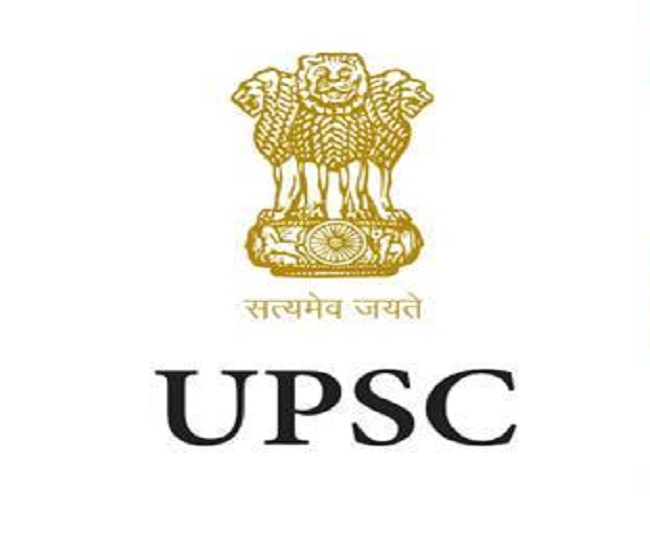Despite having financial difficulties, his mother Meraj focused on providing quality education to her children.
NEW DELHI: The Civil Services exam 2019 results have been announced by the Union Public Service Commission (UPSC).
The coveted Civil Services Examination result has thrown a number of rags to riches stories.
Earlier in 2016, an autorickshaw driver’s son from Jalna, Ansar Ahmad Shaikh, made headlines after he cracks the UPSC in his first attempt and becomes the youngest IAS officer till date.
This year, many inspiring , positive, uplifting stories have been appearing in the newspaper.
Azharuddin Zahiruddin Quazi is also one among the candidates who has successfully cleared the 2019 UPSC examination .
Son of Zahiruddin Quazi, a taxi driver in Yavatmal area of the Vidarbha region of Maharashtra, Azharuddin brought laurels by securing AIR- 315.
Quality education
Azharuddin’s parents have non-degree status. His father is non-matriculate and his mother Meraj is a Class 10 passout.
Despite having financial difficulties, his mother focused on providing quality education to her children.
Azaharuddin and his sibling are all qualified professionally.
One of his sibling has completed MBBS. Second is Chemical Engineer and third a Lawyer. Azharduddin himself is a National Colour Holder in Handball.
A graduated in Commerce from Yavatmal, Azharuddin got selected as a Probationary Officer in Corporation Bank where he served for 6 years before appearing for UPSC.
Azharuddin gets free coaching for the preparation of the coveted recruitment exam from Jamia Hamdard Residential Coaching Residential Academy.
Inspiring stories
Pradeep Singh, who topped the UPSC examination is a farmer’s son.
Another inspiring success story doing the rounds is of Firoj Alam, currently working as a Police Constable in Delhi.
A total of 829 candidates have been recommended for Indian Administrative Service (IAS), Indian Foreign Service (IFS) and Indian Police Service (IPS), among other civil services, it said.
Of the 829 candidates, 304 are from general category, 78 from Economically Weaker Sections (EWS), 251 from Other Backward Classes (OBC), 129 from Schedule Castes and 67 from Schedule Tribe category.
The EWS category was implemented in the exam for the first time in 2019.
